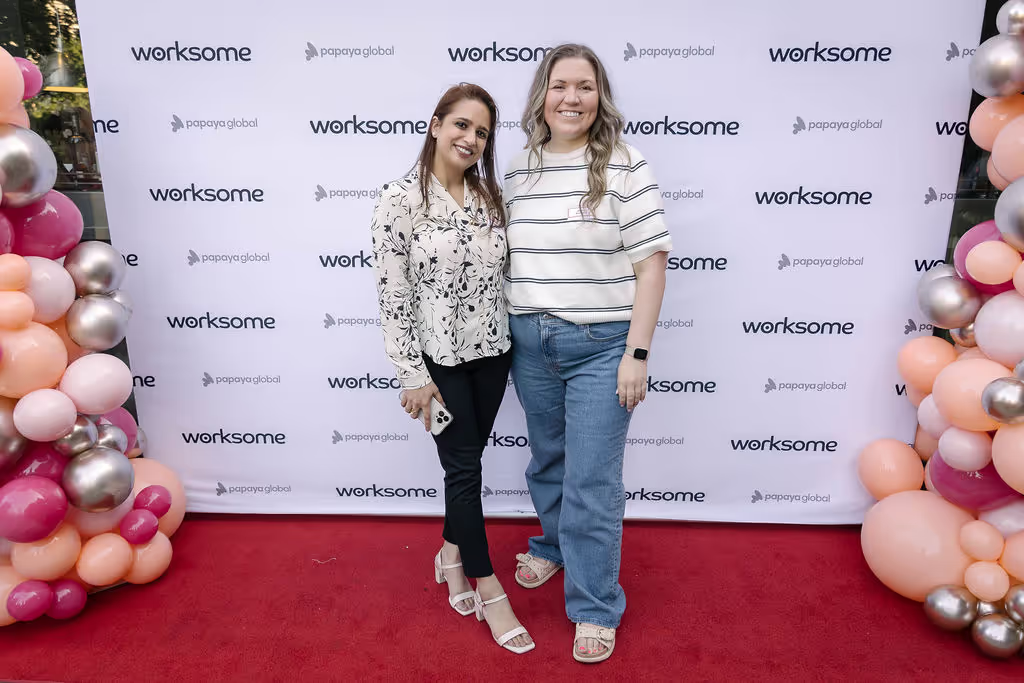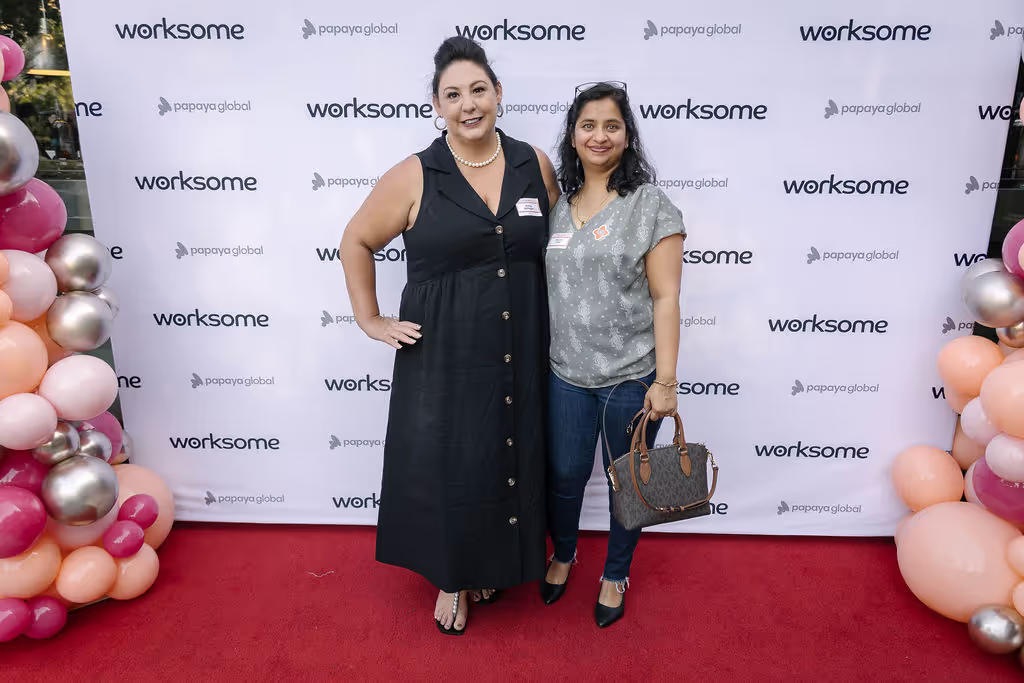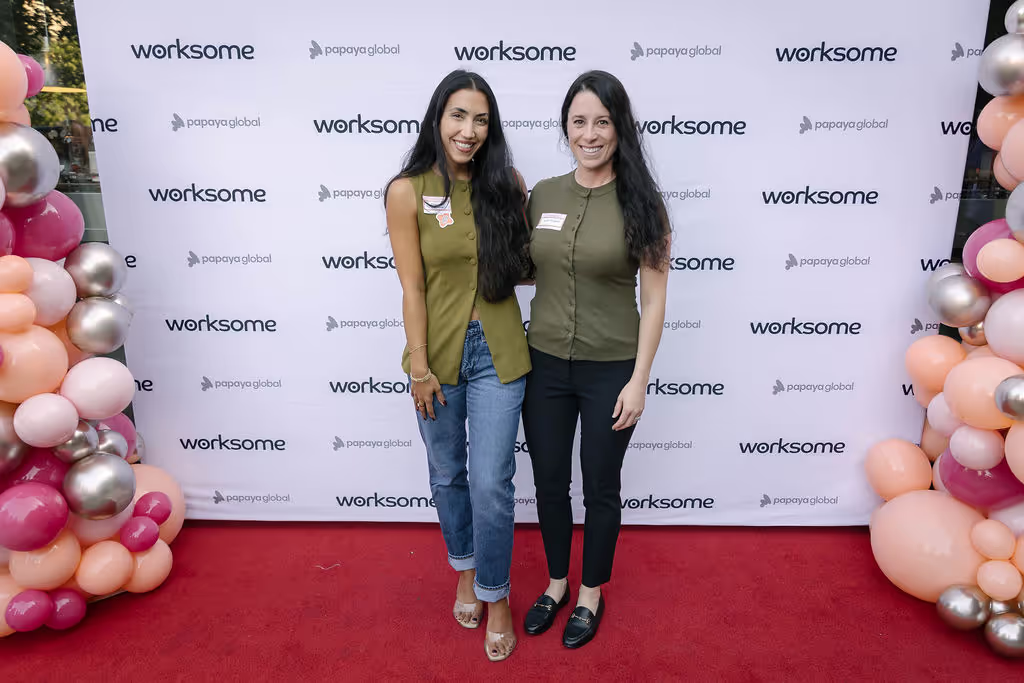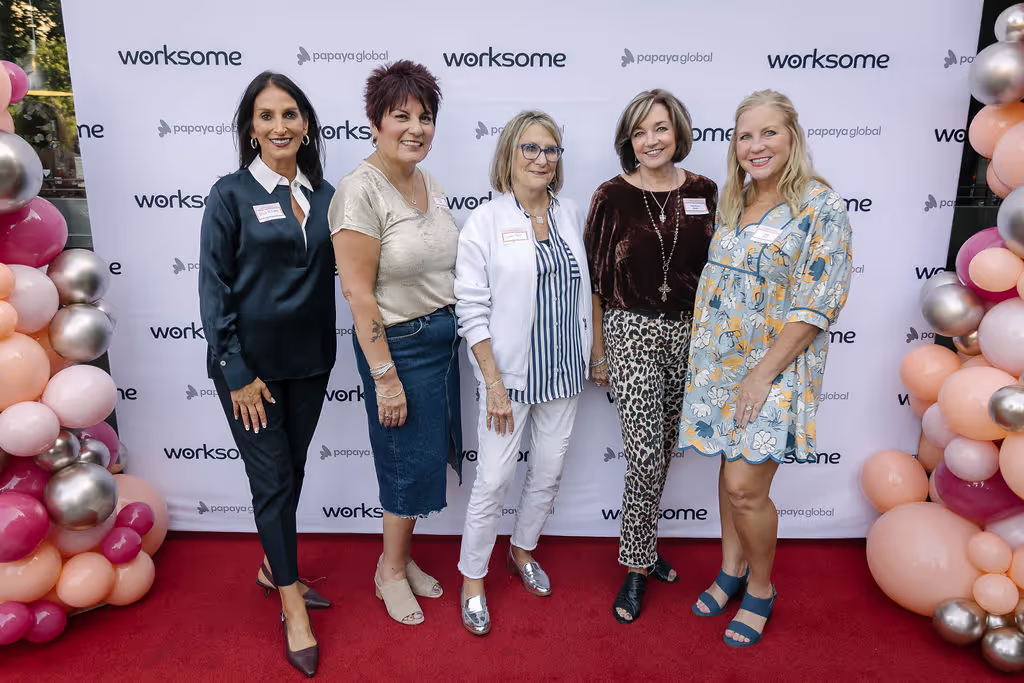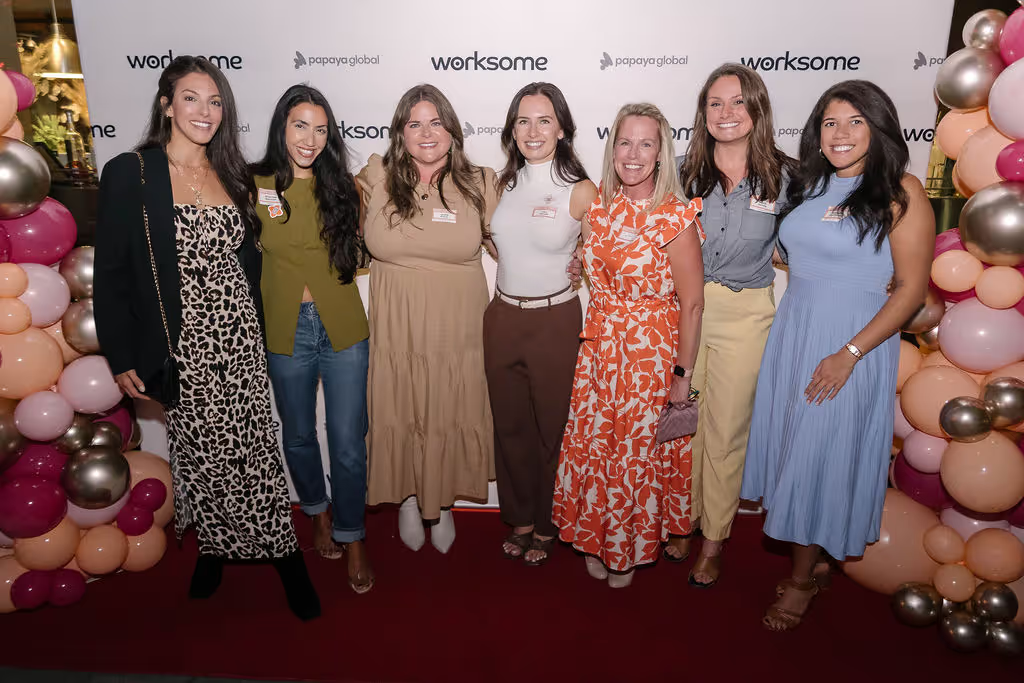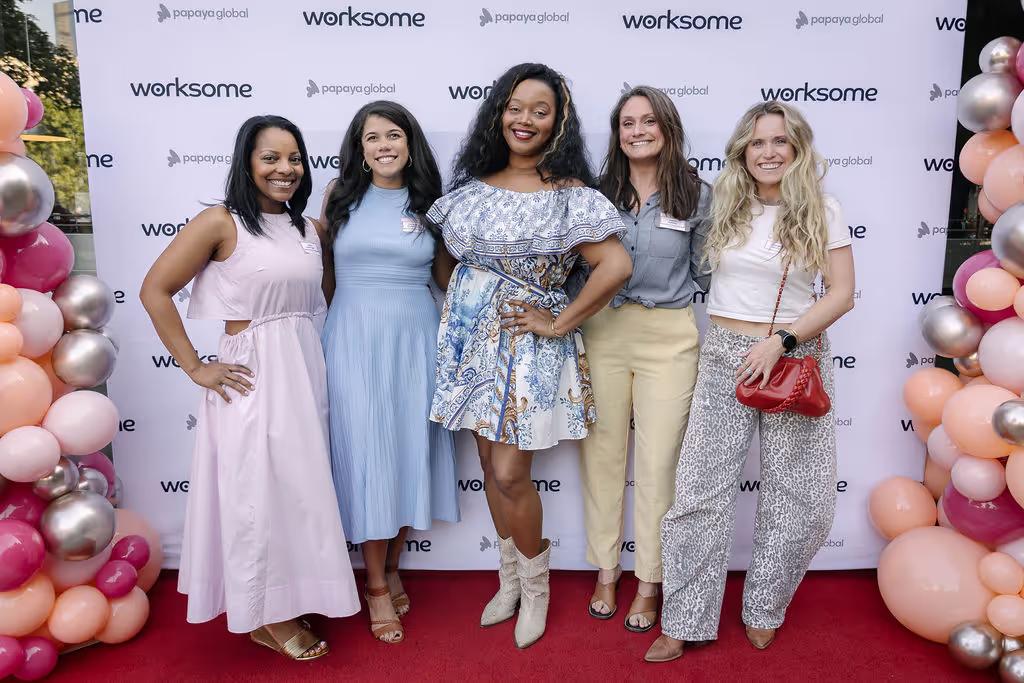Should you go for a full time job or a freelance job? The labor market is currently undergoing rapid changes, and more workers than ever are leaving the 9-5 life to do freelancing.
In this blogpost, you'll get some insights into what's happening at the labour market at the moment and how this affects what you should choose.
The dilemma: A full time job or a freelance job?
Your grandfather probably had a full time job at a factory, working in 8-hour shifts 5 days a week. And his most important tool was probably his hands.
You, on the other hand, most likely work in an office. Most of your work is done online, and your most important tools is your brain. However, just like your grandfather, you also have a full time job, sitting at your desk from 9-5, 8 hours per day - or more.
The current labour market model is designed to fit into the industrial paradigm, where people's physical presence was required to ensure your company's competitiveness. That's not the case today, where most work can be done online. Yet, here you are. Sitting at the desk. Perhaps dreaming about having some more freedom and flexibility in your life.
Well, you're not alone…
The number of self-employed workers in the UK has been increasing since 2001. And self-employed people (including entrepreneurs, contractors, and freelancers) now account for around 15% of the working population in the UK. The number of self-employed workers has increased from 3.3 million in 2001 to 4.8 million in 2017, according to the Office for National Statistics (ONS).
There are three main reasons why more and more people choose a freelance job over full-time employment.
The trends
1) UK workers are disengaged in their jobs.
In a recent study, Gallup found that 11% of British workers are engaged at work, while the majority, 68%, are not engaged, and two in 10, or 21%, are actively disengaged, meaning they hate their jobs. Aggregated results for the EU overall are similar.
Those are some pretty mind-blowing statistics, because that means the majority of us would really rather do something else for a living. You probably know what it feels like to be disengaged at work. It’s a horrible feeling. You not only become less efficient, but is also harms your overall happiness.
According to Gallup, engaged workgroups are 17% more productive than workers in the bottom quartile of engagement. With the UK’s annual GDP growth rate not having strayed far from 2% recently, an uptick in productivity would be a welcomed boost. In terms of GDP per working hour, the U.K. currently lags behind many developed countries — including the U.S., by about 30 percentage points.
There’s not much debating that it would be better for individual worker and the company if the worker felt more engaged. But the real question here WHY are we so disengaged in our work?
One hypothesis is that the labour market today resembles a stress factory where skilled people are exposed to exaggerated pressure. Another hypothesis is that skilled people only use their core competencies a few hours a day, because the rest of their time is spent on administration, procedures and tiring, useless meetings. This is where having a freelance job really makes a difference - here, you get to focus on your skills.
The structure of our labour market needs to support this new way of working.
2) The best talent only wants to work for you for a period of time
Most companies severely struggle to find the competencies they need to keep their businesses running. In the UK, large companies have the most difficulty filling job vacancies - with 50% of employers experiencing talent shortages. Large companies account for 0.1% of businesses in the UK, yet they employ 40% of the total workforce - demonstrating the significant impact this talent shortage has on the labour market.
Mid-sized organisations are feeling the pinch too. 45% are struggling to attract the skills they need, according to the 2018 Talent Shortage Survey.
But these companies suffer from a talent scarcity problem, because they're still looking to attract talent from the "traditional" talent pool. They're looking for people who want the full time job from 9-5, 5 days a week, 8 hours a day. Most companies haven't even considered tapping into the flexible labourforce instead.
But maybe they should. A study from London Business School shows that the number of jobs through our career doubles per generation. That is, your grandparents or grandparents had about 1-2 jobs, your parents around 3-4, Gen X 7-8, Millennials 15-16, and Gen Z are expected to have around 32.
A growing number of us don’t want to be “married” to one particular company in one particular time period. We want flexibility. That is exactly what a freelance job does. This trends requires that companies shift their mindset from "we own workers" to "we have access to workers". Read more about this here: Agile HR: Recruitment is about access, not ownership.
3) People want freedom and flexibility
A freelance job gives you greater freedom, flexibility and the power to decide what projects you want to work on. The talents already in full-time jobs are increasingly opening themselves up to taking on other tasks, so that they can use their core skills even more. Instead of trying to slow this development down to keep these employees locked inside the company, companies should learn to organise themselves differently in order to fit into the new and more flexible model. If you want to learn more, check out these 5 workforce development trends to watch.
The winning companies of tomorrow are the ones who understand how to adapt
It’s a fact that a company’s success is a direct consequence of how skilled it is at attracting the most qualified people. The problem is that most companies deploy the wrong strategy in order to attract the best talent. They're on the look out for people who want a full time job with little or no flexibility.
Companies need to adapt to be competitive. They must have a workforce consisting of onsite, remote, permanent employees and freelancers.
And the teams still organized on the basis of fixed functions will increasingly need changing skills, as the need for renewal will increase. Read more about what your business can do here to succeed with freelancers here: Focus on employee experience to attract the best talent.
Have you yourself considered going from having a full time job to freelancing? OR are you a business leader considering hiring freelancers? Tell us what you think by leaving a comment.








